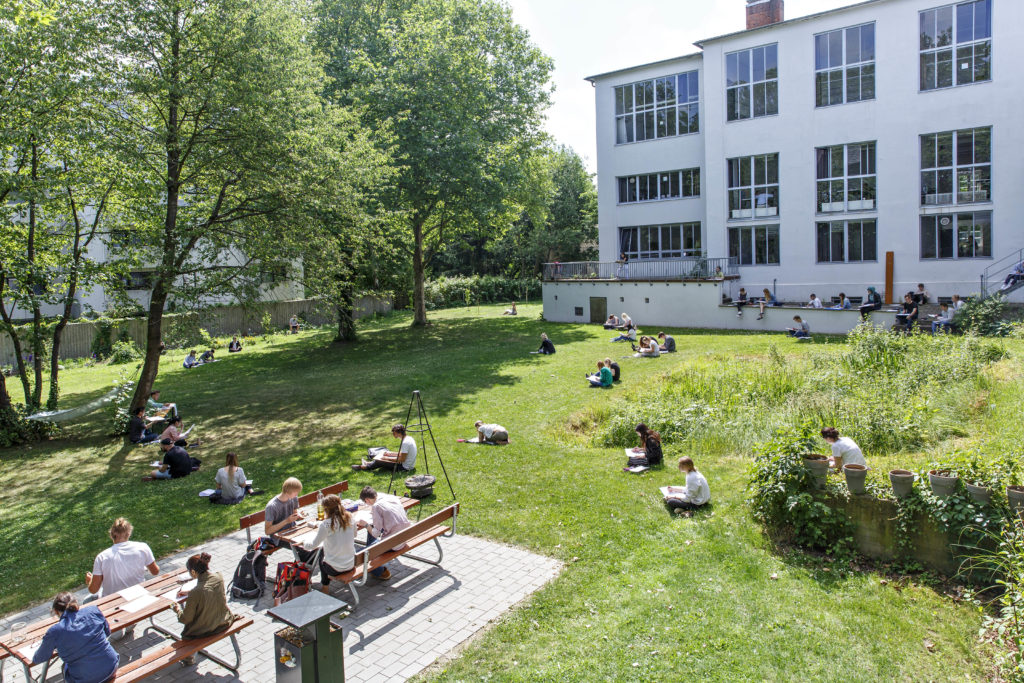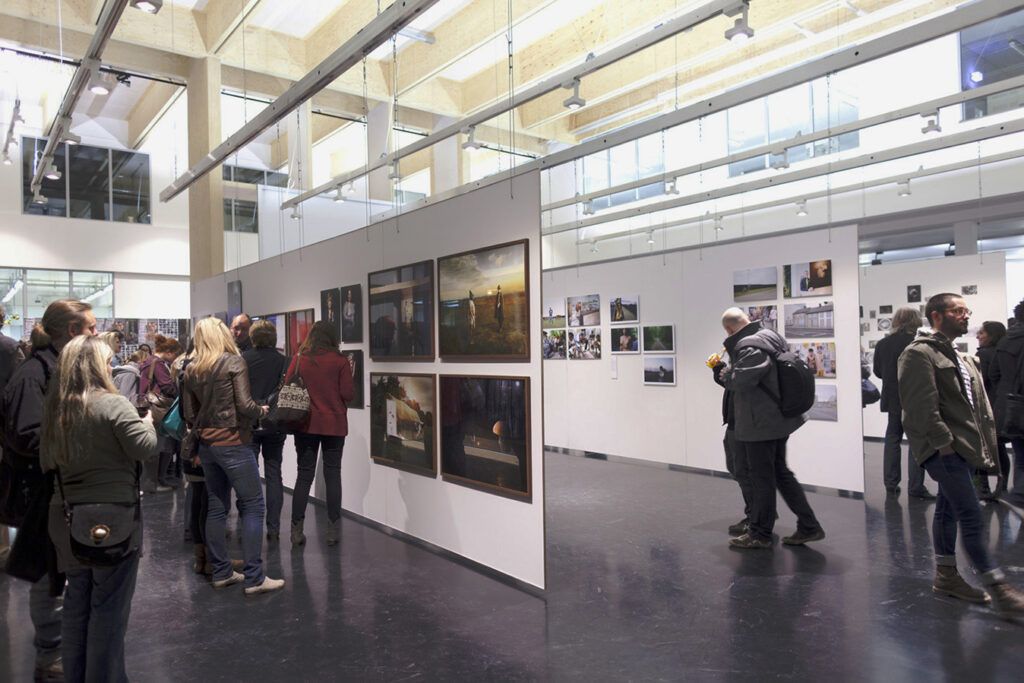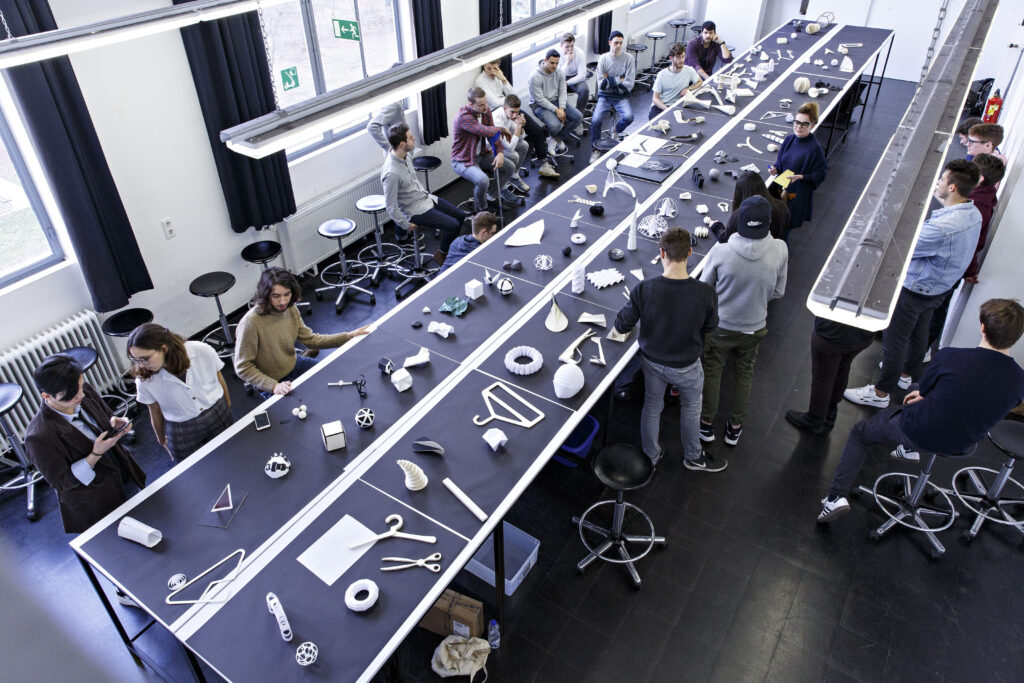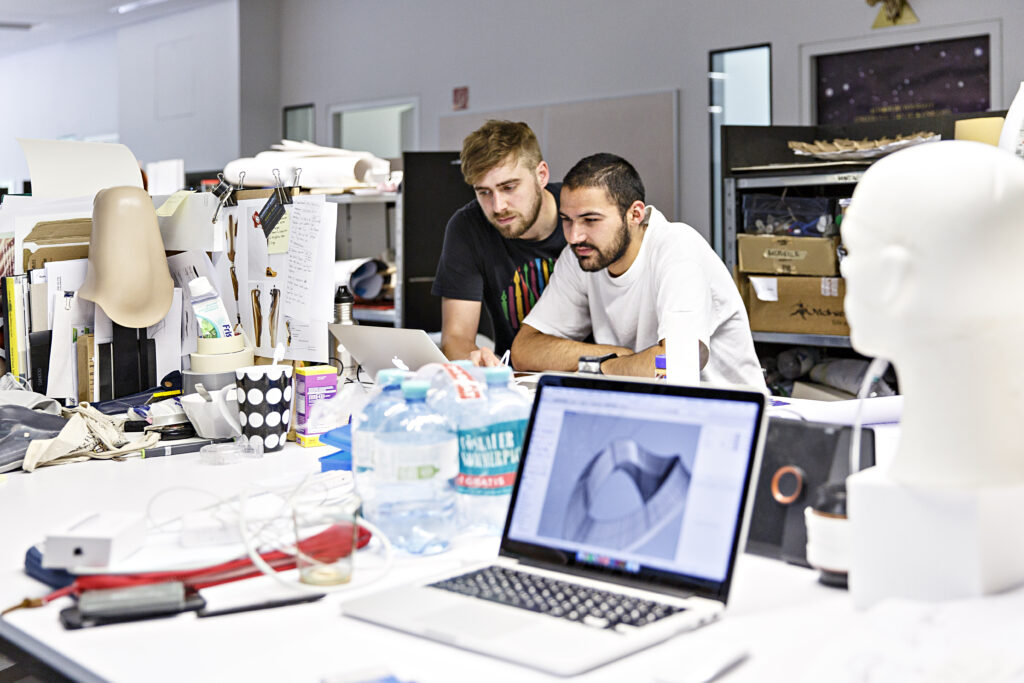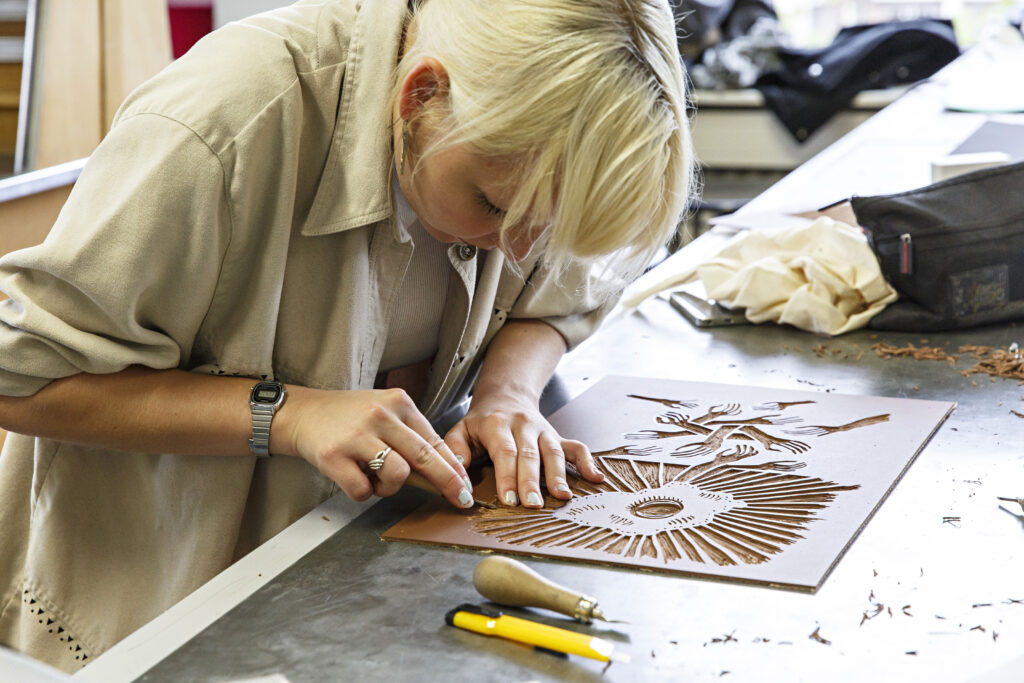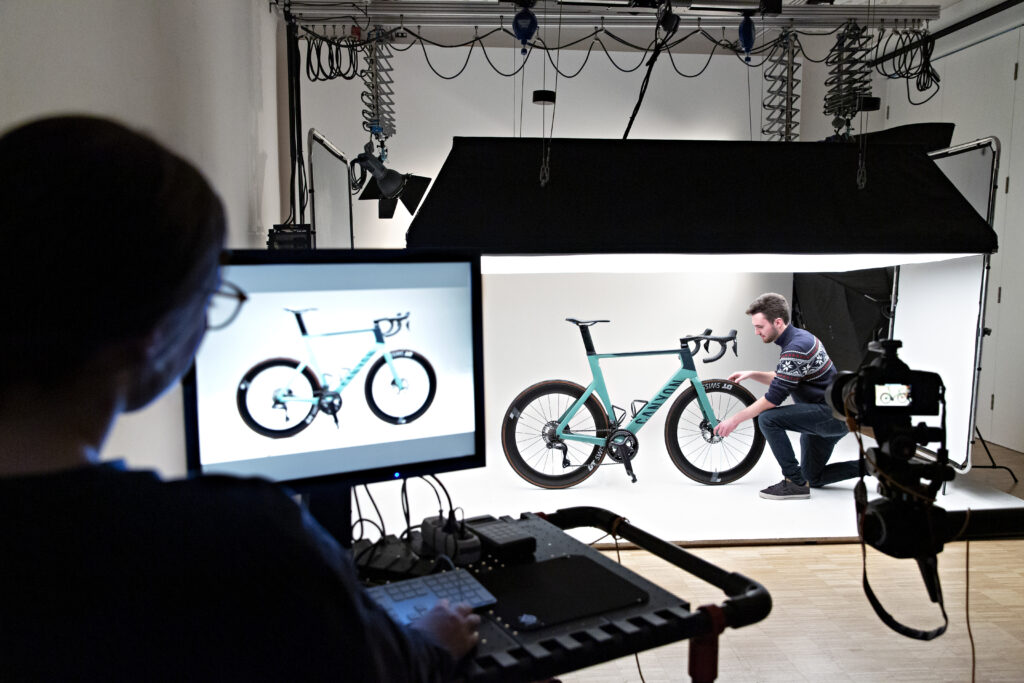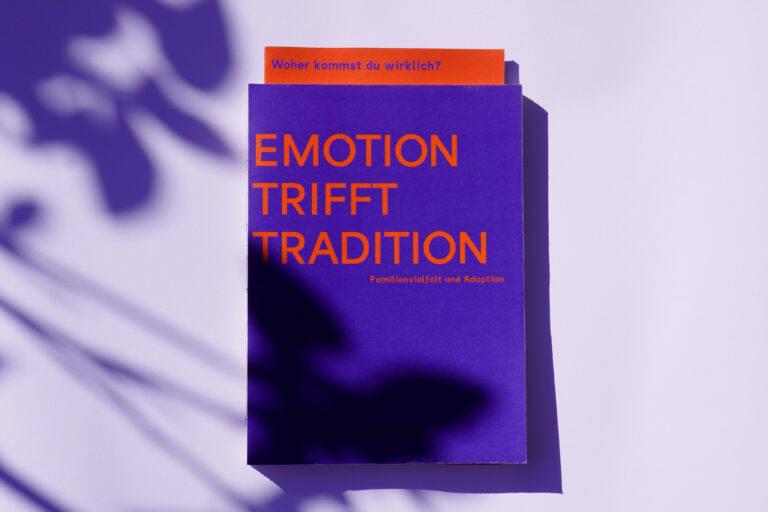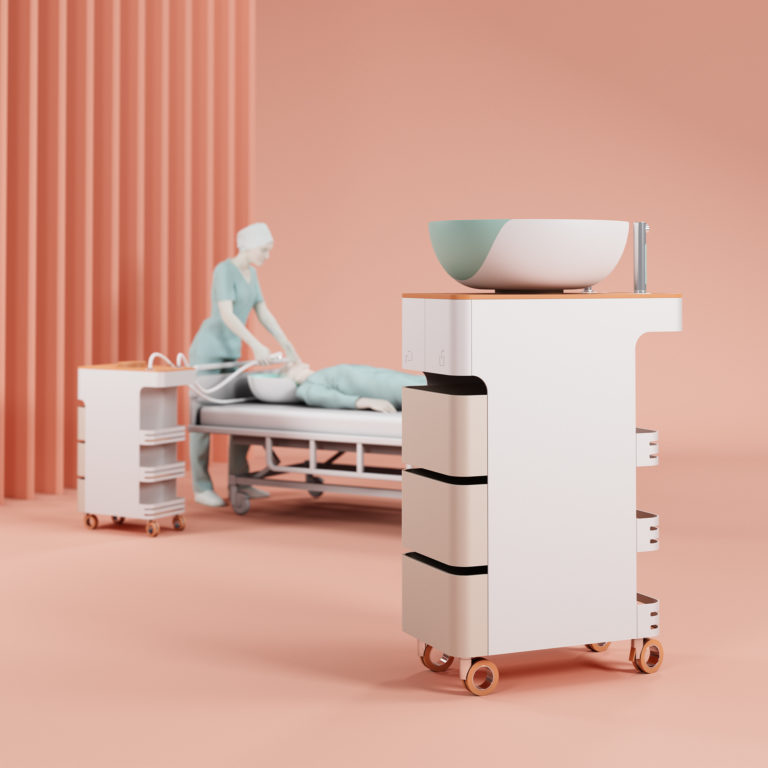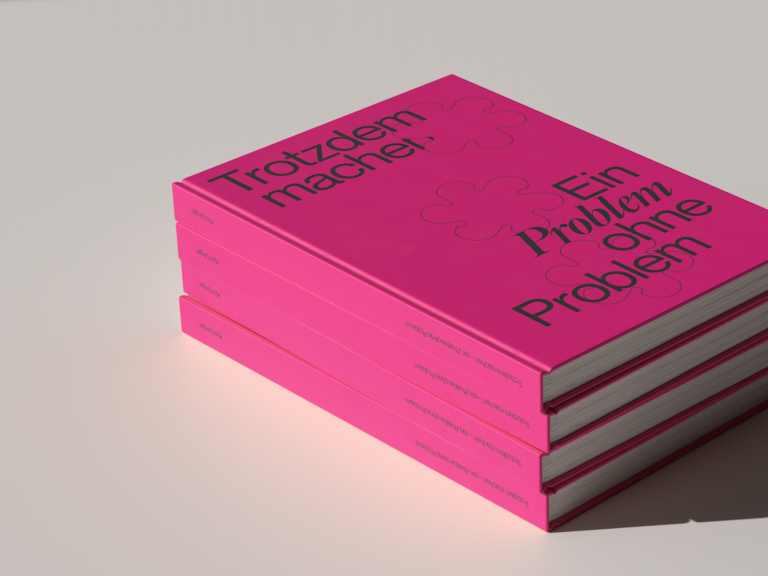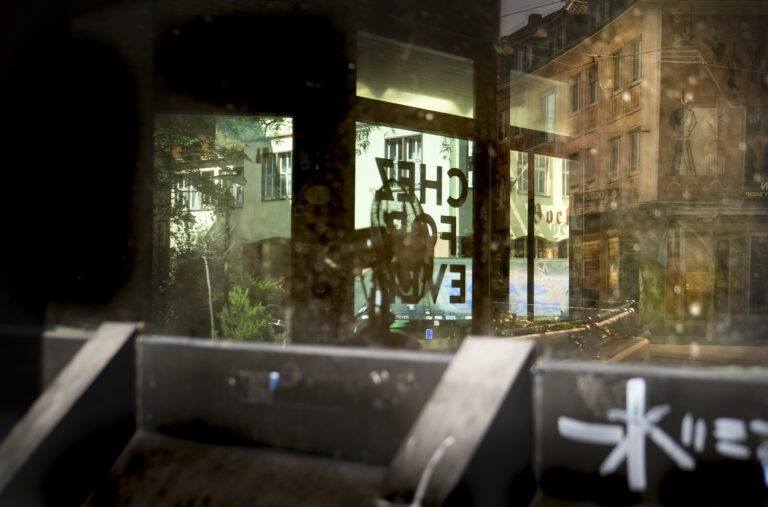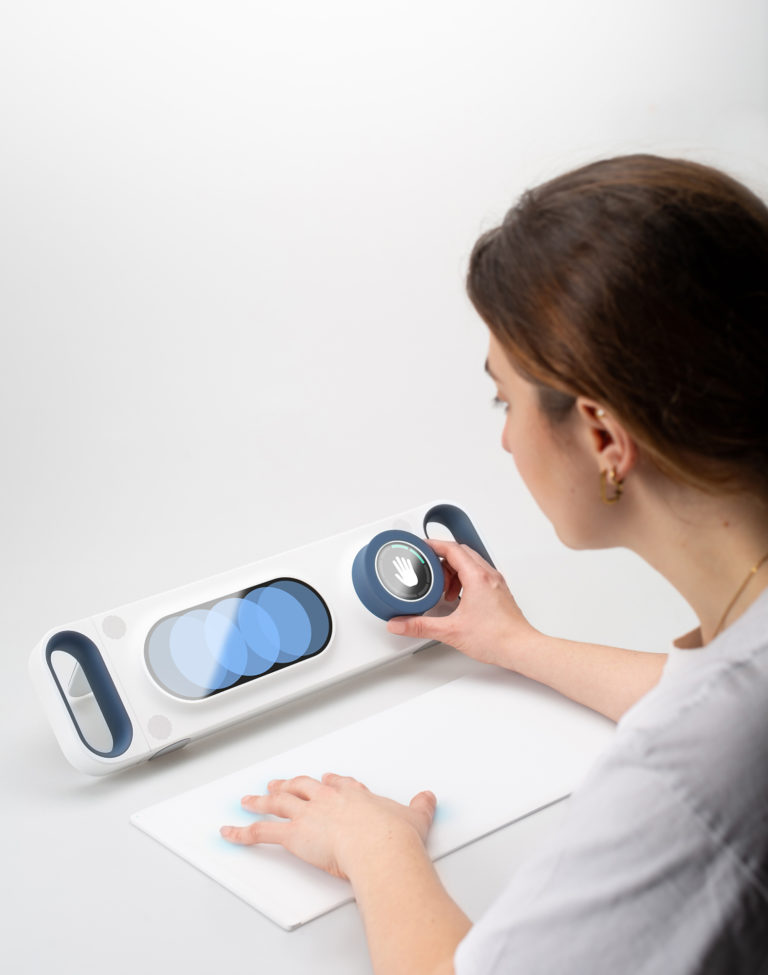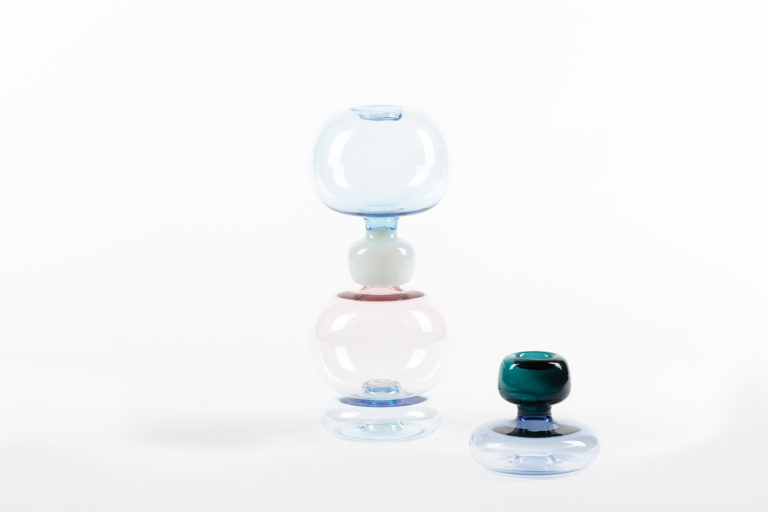h_da – darmstadt University of Applied Sciences
h_da is one of the largest Universities of Applied Sciences (UAS) in Germany. Our students learn together in small groups.
We offer over 70 study programmes for our approximately 14,000 students leading to many different qualifications – from Bachelor’s degree to doctorate. Our fields of study comprise:
- Engineering sciences
- Natural sciences & mathematics
- Information science & computer science
- Economics & society
- Architecture, media & design
With its scientific and application-oriented degree courses, Darmstadt University of Applied Sciences is open to a wide range of educational backgrounds. It promotes student success through its smaller groups and good supervision.
As a university of applied sciences, Darmstadt University of Applied Sciences offers its own right to award doctorates in research-oriented disciplines.
As a member of the renowned “European University of Technology+ (EUt+)” alliance, Darmstadt University of Applied Sciences is committed to promoting European values and leading the way in sustainable development.
Faculty of Design
The Department of Design at Darmstadt University of Applied Sciences is one of the most renowned and traditional design training institutions in Germany. The history of the department dates back to 1907, when the artists’ colony “Großherzogliche Lehr-Ateliers für angewandte Kunst” (Grand Ducal Teaching Studios for Applied Arts) was established on Darmstadt’s Mathildenhöhe.
To this day, the department trains designers who work in internationally renowned companies and design agencies after graduating. Around 500 students and 18 full-time professors study and teach in the Industrial Design and Communication Design courses. In addition to a classical foundation course, the project-oriented advanced course focuses on the development of design thinking and the development of authentic creative expression.
Study Programmes
Industrial Design Degree Programme
Smartphones, stacking chairs or construction machinery – industrial designers operate in a broad spectrum. They invent, plan and design services and products as well as their interfaces so that they meet the aesthetic, social, cultural and ergonomic demands of users as well as the technical and economic conditions of industrial production. At our faculty students can acquire the necessary skills for this. Here they perfect their artistic talent and complement it with conceptual and constructive skills as well as theoretical knowledge. They become familiar with proven, analogue two- and three-dimensional representation techniques (sketching, drawing, 3-D model techniques) as well as with computer-aided industrial design (CAID) and visualisation and animation programmes. Practical orientation and individual freedom characterise the degree programme. Thus, after a broad-based foundation course, students are prepared for different fields of work, taking into account their own own inclinations and abilities. You can find more in-depth information about the degree programme on the website of the Faculty of Design.
Research Focus
The research focus of the Institute for Design Research (IDF) lies in the practical and theoretical design examination of phenomena of everyday culture as well as in the critical reflection of design methodology, theory and history.
The Human Factors Lab (HFL) explores design in the areas of cognitive and physical ergonomics, human factors, usability engineering, user experience design and human-robot collaboration.
Communication Design Degree Programme
Books, posters, websites, videos, media installations, corporate identities – students on the Communication Design course work across a broad spectrum. They plan and realise designs to communicate information of all kinds visually and verbally in an intelligent and aesthetically appealing way. At our faculty students practise using all creative means (text, graphics, typography, photography, illustration, video, animation, surface and space), whereby the basic disciplines of “typography” and “photography” form special focal points. The artistic qualities are also complemented by cultural, social and business management as well as communicative and conceptual skills. Future designers can put together their own personal specialisations from the practice- and project-oriented range of courses after a broadly based foundation course. The degree programme consciously emphasises intensive, solid artistic training in the area of analogue tools and perception training, which it understands as a universal design basis. In addition, special emphasis is placed on independent, responsible work and personality development.

